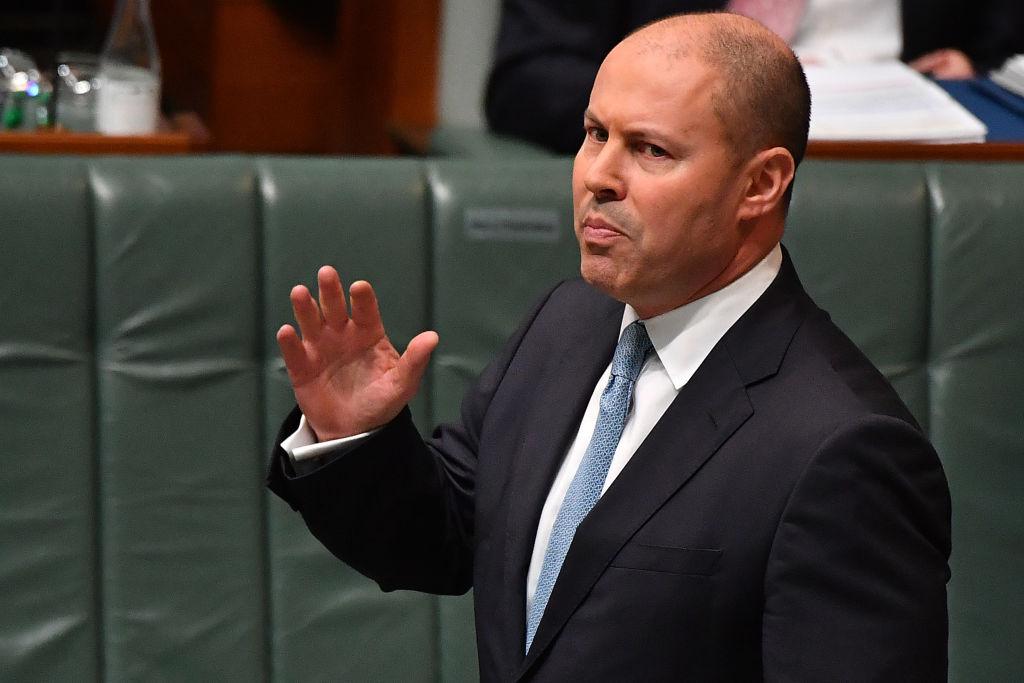Australian Treasurer Josh Frydenberg has warned that the escalating hostilities between Ukraine and Russia will obstruct Australia’s economic recovery, as global oil prices rise to a seven-year high.
“This is not just going to have an impact in terms of the national security situation ... But what it would have is a broader economic impact, too,” Frydenberg told Sky News on Feb. 22. “We’ve already seen the price spiked, and I think it would have a broader impact on the global financial system, on equity markets and stabilisation.”





